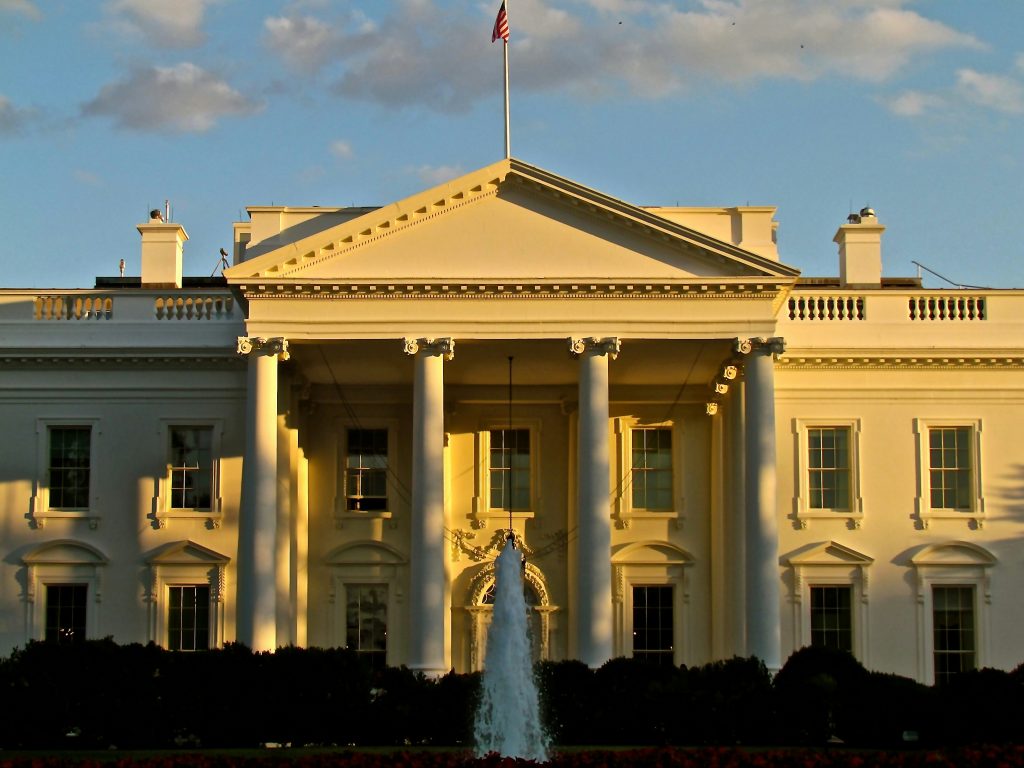The Fall of Crypto Exchange FTX: Under the Noses of the SEC and CFTC

By Brayden Harn*
Within days, FTX went from a $32 billion valuation to filing bankruptcy.[1] Founder and CEO Sam Bankman-Fried was arrested on December 12 and extradited from the Bahamas, where the company was operating.[2] The complaint filed by the Securities and Exchanges Commission (“SEC”) alleges Bankman-Fried treated funds deposited by customers as a “personal piggy bank,” using them for real estate investments and political campaign donations.[3]
Similar to the house of cards TerraUSD was built on before its collapse, FTX promoted its own crypto token to be used for discounts on FTX trading or staking.[4] This strategy is somewhat common; numerous other crypto exchanges offer their own native tokens.[5] However, the way FTX used its own token was drastically different than other exchanges.[6] Prompting the beginning of the collapse, CoinDesk, a crypto news site, revealed undisclosed leverage and solvency concerns regarding FTX and its sister company Alameda Research.[7] Alameda Research, also owned by Bankman-Fried, had an investment foundation in FTX’s native token, FTT, in addition to a $5 billion position in FTT.[8] From the CoinDesk story, “The single biggest asset on Alameda’s $14.6 billion balance sheet were unlocked FTT, while the third biggest asset on the books was a $2.16 billion pile of FTT collateral.”[9] In addition to the revelation that Alameda and FTX were not separate companies and were overleveraged, native tokens are entirely unregulated and extremely susceptible to rapid market downturns.[10]
With so many previous crypto exchange collapses, it is remarkable how it continues to happen with some of the largest exchanges in the industry. The lack of regulatory oversight for FTX is twofold: the crypto industry as a whole is mostly unregulated, and U.S. regulations are not valid in the Bahamas, where FTX is principally operated.
Some people have distinguished Bankman-Fried’s conduct and the collapse of FTX as “an anomaly in an otherwise safe industry.”[11] Others view the collapse of FTX as evidence of a need for new regulation and greater regulatory oversight within the crypto industry. Senator Elizabeth Warren tweeted that “the implosion of FTX showed why the crypto industry needed SEC oversight.”[12] Brian Armstrong, CEO of crypto trading platform Coinbase, responded that “it was the SEC that had created the environment in which FTX could happen.”[13] Armstrong reasoned that FTX operated offshore, outside the reach of the SEC, because the SEC failed to create regulatory clarity in the United States.[14] In response to the FTX collapse, former Commodity Futures Trading Commission (“CFTC”) enforcement director Aitan Goelman said, “It’s a patchwork of global regulators—and even domestically there are huge gaps. That’s the fault of a regulatory system that has taken too long to adjust to the advent of crypto.”[15]
Near the beginning of 2022, the SEC conducted inquiries into how crypto exchanges, including FTX, were handling customer deposits.[16] Interestingly, the SEC’s inquiry into FTX was only concerned with a rewards program it offered to customers, which did not involve any use of the deposited crypto.[17] Meanwhile, it was revealed FTX was moving billions of dollars to Bankman-Fried’s Alameda Research company at that time.[18]
The lack of regulation in the crypto industry increases the risk for investors and related financial markets.[19] If FTX had been subject to the same regulations and level of scrutiny as traditional financial institutions, the flaws in its financial structure and operations would have been identified far sooner and may have prevented the damage caused.
* J.D. Candidate, Class of 2024, Sandra Day O’Connor College of Law at Arizona State University.
[1] MacKenzie Sigalos, Sam Bankman-Fried Steps Down as FTX CEO as His Crypto Exchange Files for Bankruptcy, CNBC (Nov. 11, 2022), https://www.cnbc.com/2022/11/11/sam-bankman-frieds-cryptocurrency-exchange-ftx-files-for-bankruptcy.html.
[2] Id.
[3] Id.
[4] Farran Powell, FTX Ex-CEO Sam Bankman-Fried Is Arrested, FORBES (Dec. 13, 2022), https://www.forbes.com/advisor/investing/cryptocurrency/what-happened-to-ftx/.
[5] Id.
[6] Id.
[7] Nathan Reiff, The Collapse of FTX: What Went Wrong with the Crypto Exchange?, INVESTOPEDIA (Jan. 4, 2023), https://www.investopedia.com/what-went-wrong-with-ftx-6828447.
[8] Id.
[9] Powell, supra note 4.
[10] Id.
[11] Peter Whoriskey & Dalton Bennett, Crypto’s Free-Wheeling Firms Lured Millions. FTX Revealed the Dangers., WASH. POST (Nov. 16, 2022), https://www.washingtonpost.com/business/2022/11/16/ftx-collapse-crypto-exchanges-regulation/.
[12] Id.
[13] Jason Abbruzzese & Daniel Arkin, FTX is in Freefall. Where Was the Oversight?, NBC NEWS (Nov. 15, 2022), https://www.nbcnews.com/tech/crypto/ftx-freefall-was-oversight- rcna57098.
[14] Id.
[15] Chris Prentice, Angus Berwick, & Hannah Lang, How FTX Bought Its Way to Become the ‘Most Regulated’ Crypto Exchange, REUTERS (Nov. 18, 2022), https://www.reuters.com/technology/exclusive-how-ftx-bought-its-way-become-most-regulated-crypto-exchange-2022-11-18/.
[16] Id.
[17] Id.
[18] Id.
[19] Whoriskey & Bennett, supra note 11.


